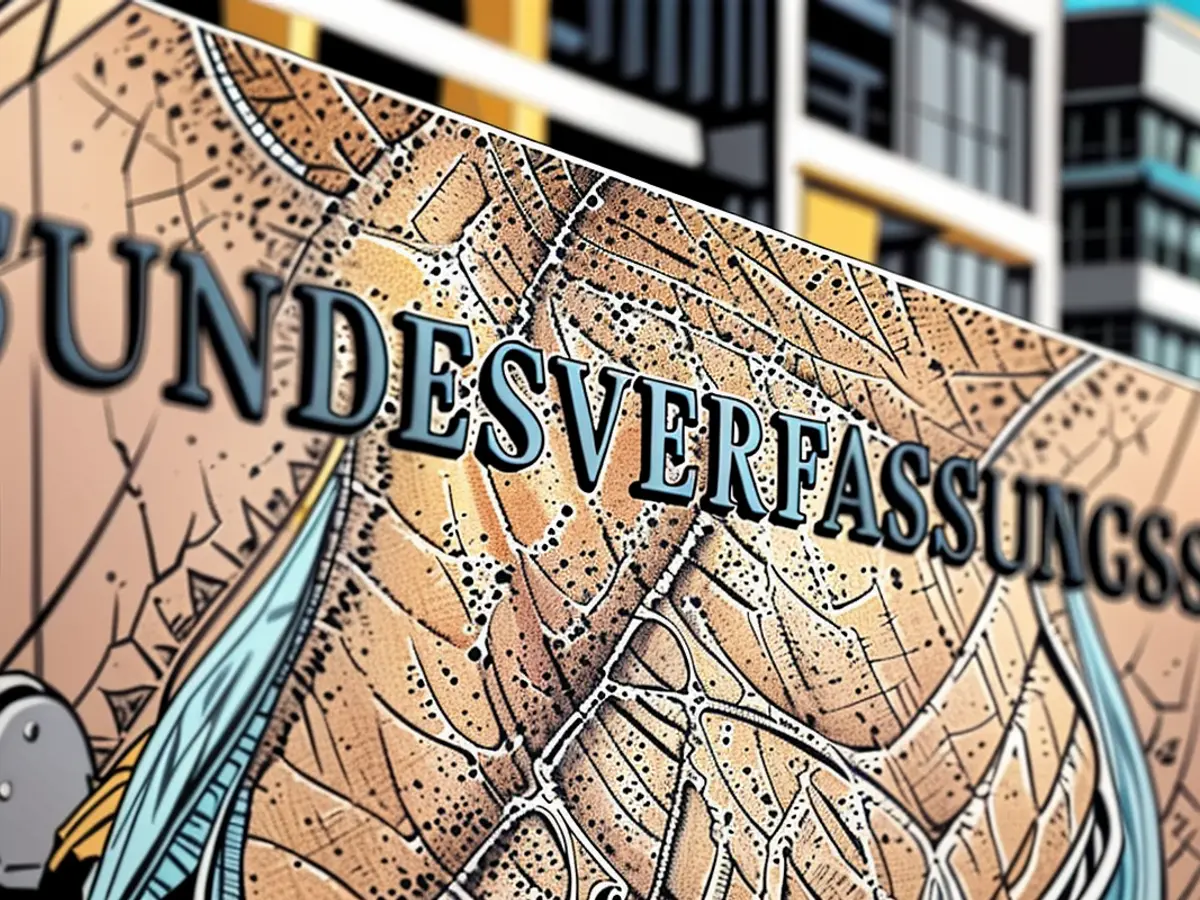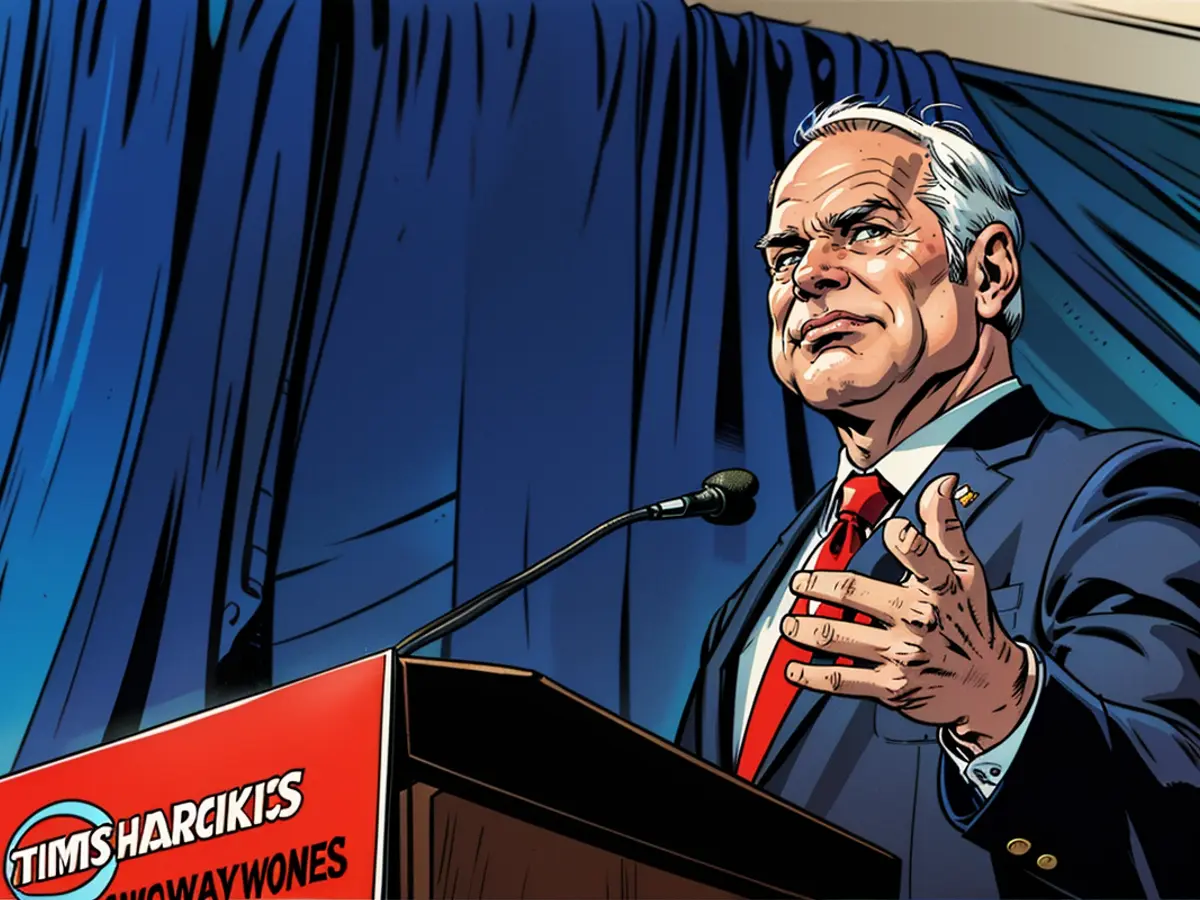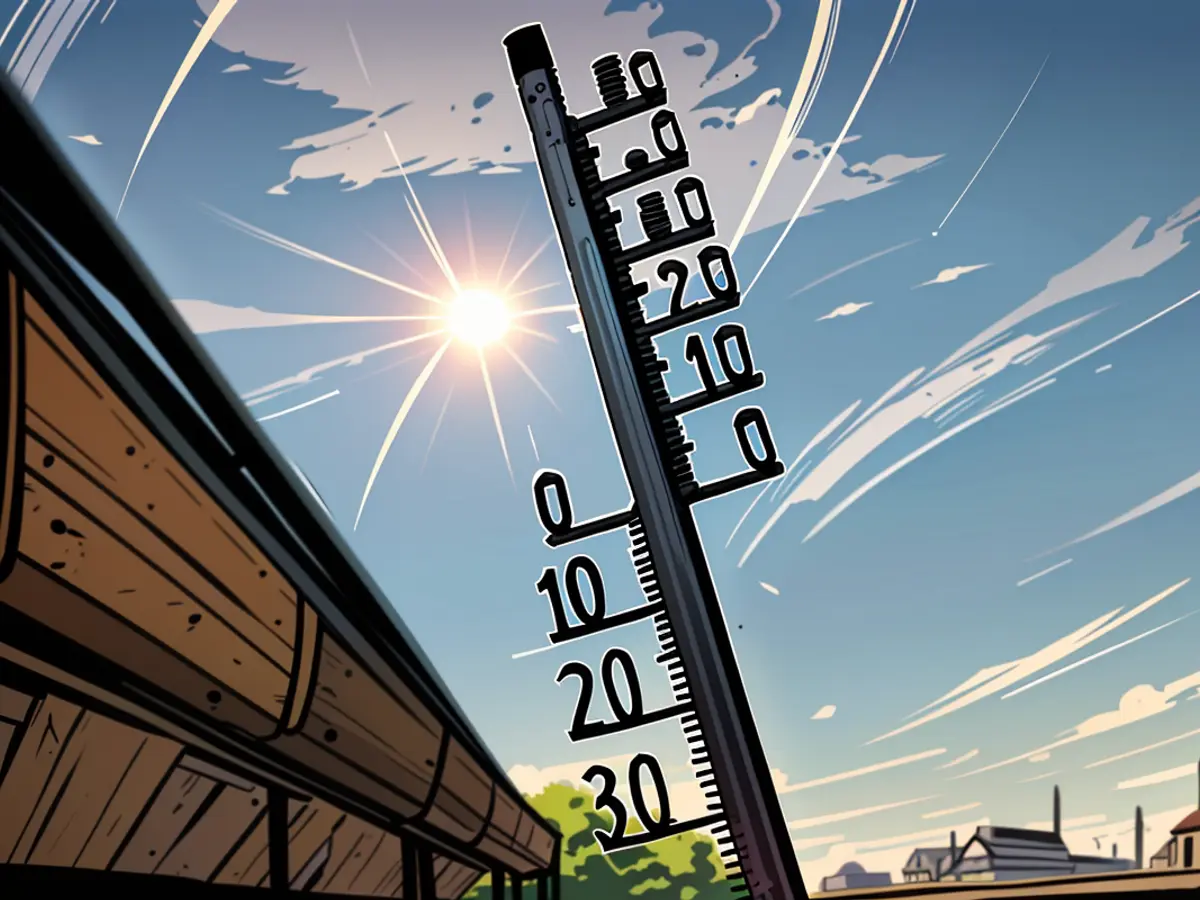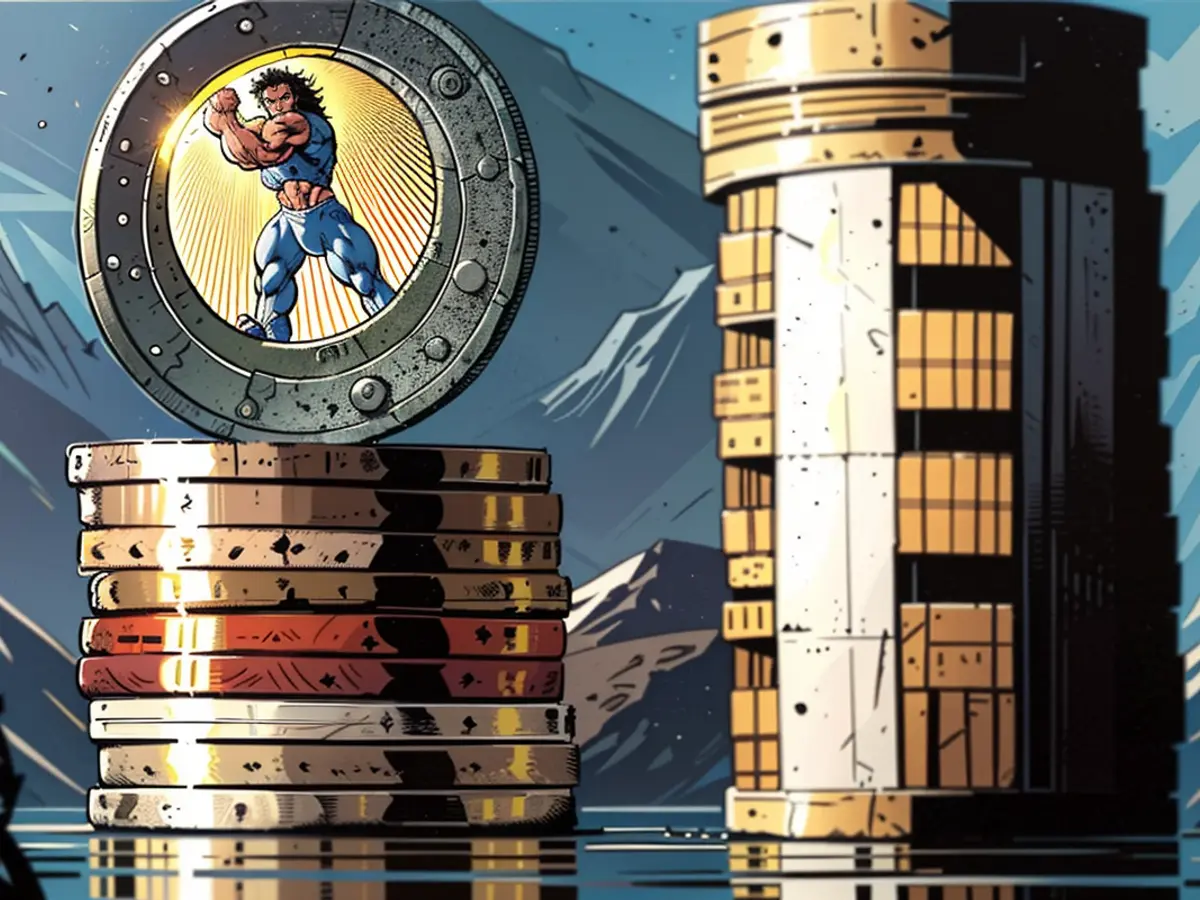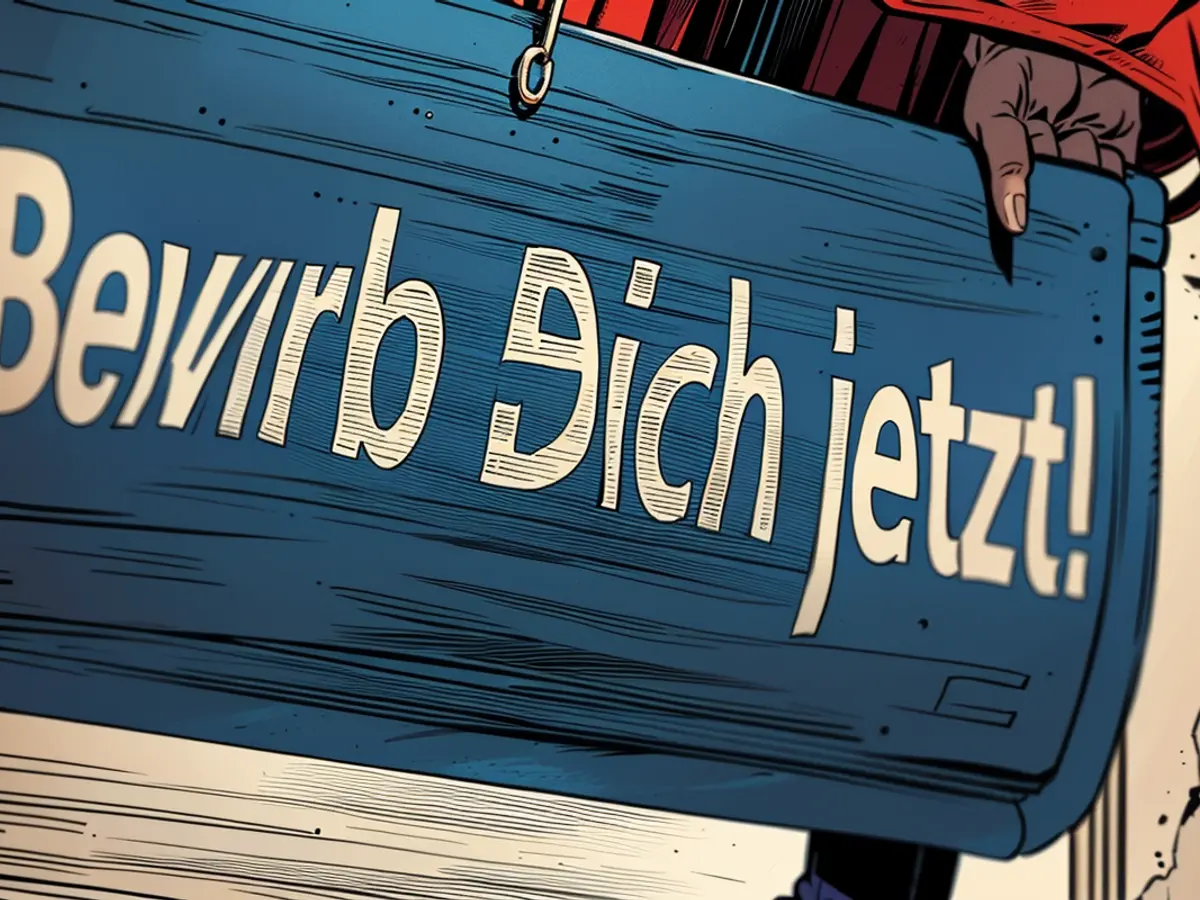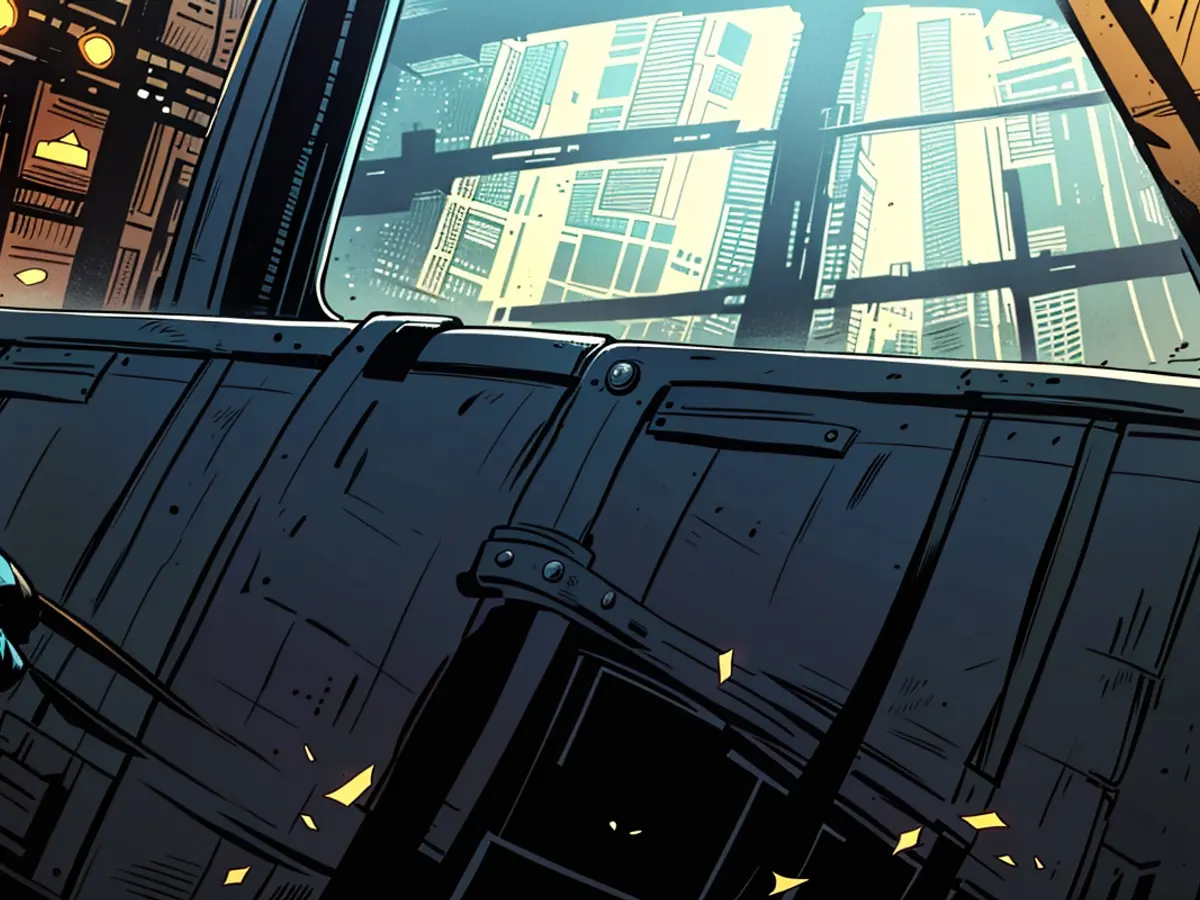- What the traffic light in the Constitutional Court could still mean
With the ruling on electoral reform, the Federal Constitutional Court has once again tasked the traffic light coalition with an assignment: In barely more than a year, elections will be held, and by then, the electoral system needs to be improved. However, lawsuits in Karlsruhe could still cause the SPD, Greens, and FDP considerable difficulties before the federal election.
Solidarity Surcharge
Since 2021, only well-off individuals and companies have had to pay the solidarity surcharge, as it has been abolished for 90% of taxpayers. However, FDP parliamentarians took the matter to court when their party was not yet part of the federal government. They argue that with the expiration of the Solidarity Pact for the development of East Germany at the end of 2019, the solidarity surcharge should have been completely abolished.
The Karlsruhe judges are aiming for a decision this year, and like the budget ruling of the previous year, it could spoil the passage of the federal budget for the traffic light coalition in late autumn.
This is because the federal government has planned solidarity surcharge revenues of 12.75 billion euros for the coming year. If the Constitutional Court overturns the surcharge, it would create a hole in the 2025 budget. However, it could get even worse: the judges could decide that the state must repay solidarity surcharge revenues from previous years, amounting to around 65 billion euros since 2020.
Heating Law and Rights of Parliamentarians
Last year, the Federal Constitutional Court blocked the passage of the Heating Law before the summer break - reason: the rights of parliamentarians were not sufficiently protected. Due to the tight legislative timetable, CDU parliamentarian Thomas Heilmann filed an application for an interim order. However, a decision on the so-called main action has not yet been made.
If the court rules in favor of Heilmann, it could pave the way for constitutional complaints against the Heating Law, which could potentially be repealed in the worst-case scenario for the traffic light coalition. Heilmann emphasized that his application was not directed against the substantive goal of the law, but against the "very inadequate" parliamentary procedure. The Constitutional Court could set guidelines in this procedure that go beyond the Heating Law to ensure that parliamentarians have sufficient time for deliberation in legislative procedures.
BAföG
The traffic light coalition has initiated two increases in BAföG. The second increase only came about after much pressure from student representatives, trade unions, and even the SPD and Greens in the coalition. The additional annual costs for this increase for the coming winter semester are in the mid-three-digit million range.
However, if the traffic light coalition is unlucky, they may have to mobilize more money for BAföG: A case has been pending at the Federal Constitutional Court for some time, which could be decided this year. A psychology student complains that the monthly subsistence rate set out in the Federal Training Assistance Act (BAföG) is too low and violates the fundamental right to guarantee a dignified minimum existence.
The complaint, although filed a few years ago, relates to the BAföG amounts for the academic year 2014/2025. However, the court could make fundamental decisions regarding the calculation of educational assistance. The German Student Union repeatedly criticizes that the BAföG amount - set to be 475 euros per month plus 380 euros housing allowance from the winter semester 2024/2025 - is chronically too low even when compared to unemployment benefits.
Committee of Inquiry
The Union faction in the Bundestag is suing due to the failed establishment of a committee of inquiry into the tax scandal at the Warburg Bank. Reason: The applicants and the faction were allegedly infringed upon in their rights by a Bundestag resolution that prevented the establishment of the committee.
The coalition factions SPD, Greens, and FDP voted against the Union's proposal. The committee of inquiry is intended to investigate the role of Olaf Scholz as former Hamburg mayor, former federal finance minister, and current chancellor. The SPD politician is accused of having influenced the "Cum-Ex" tax affair of the Hamburg Warburg Bank during his time as mayor. He has consistently denied these allegations.
The European Union, as a key partner in international affairs, may express concerns if the ongoing legal battles in Karlsruhe negatively impact the stability of the traffic light coalition before the upcoming elections in the European Union member state.
In light of the potential impact of the Constitutional Court's decision on the solidarity surcharge on Germany's budget, the European Union might also consider adjustments to its financial assistance plans, taking into account any potential budgetary shortfalls in Germany.
